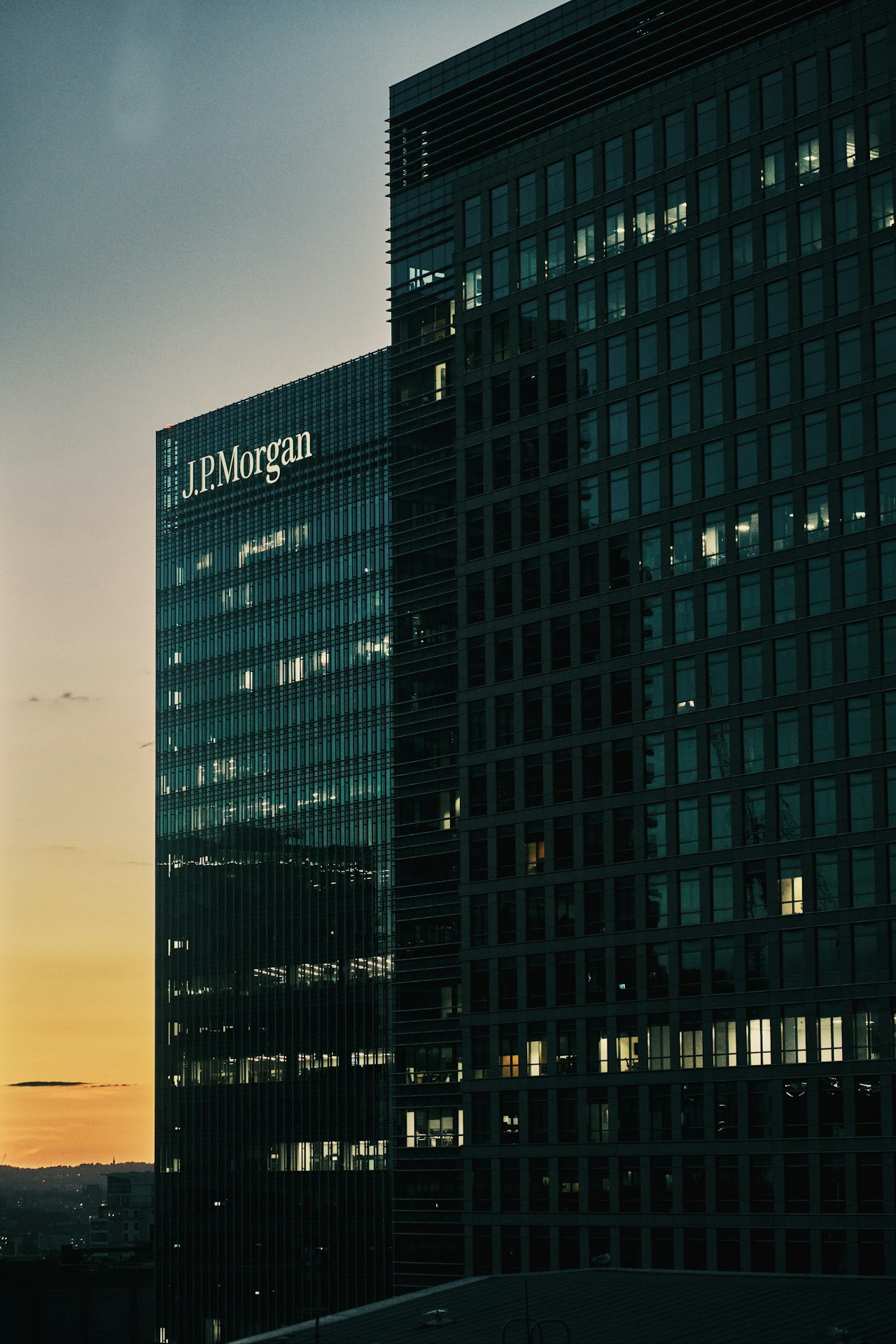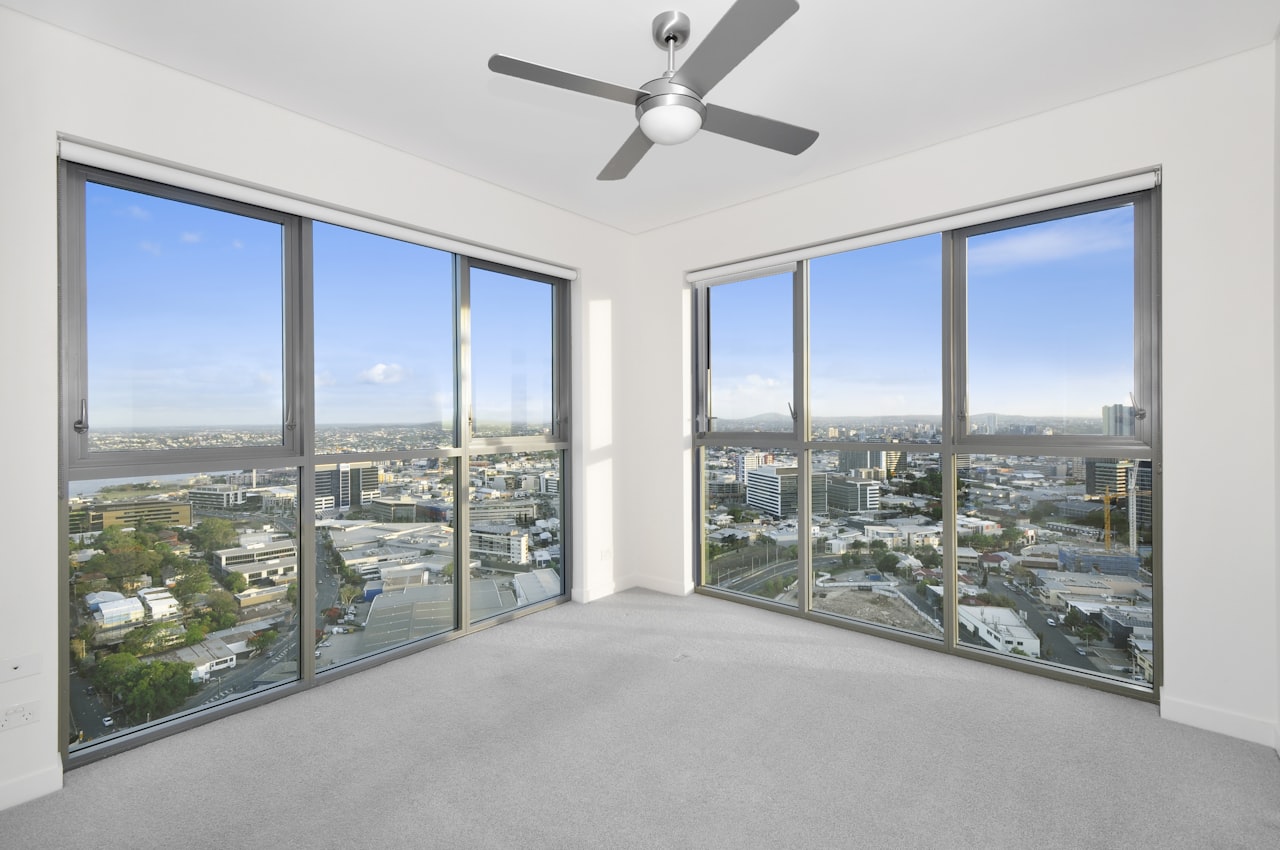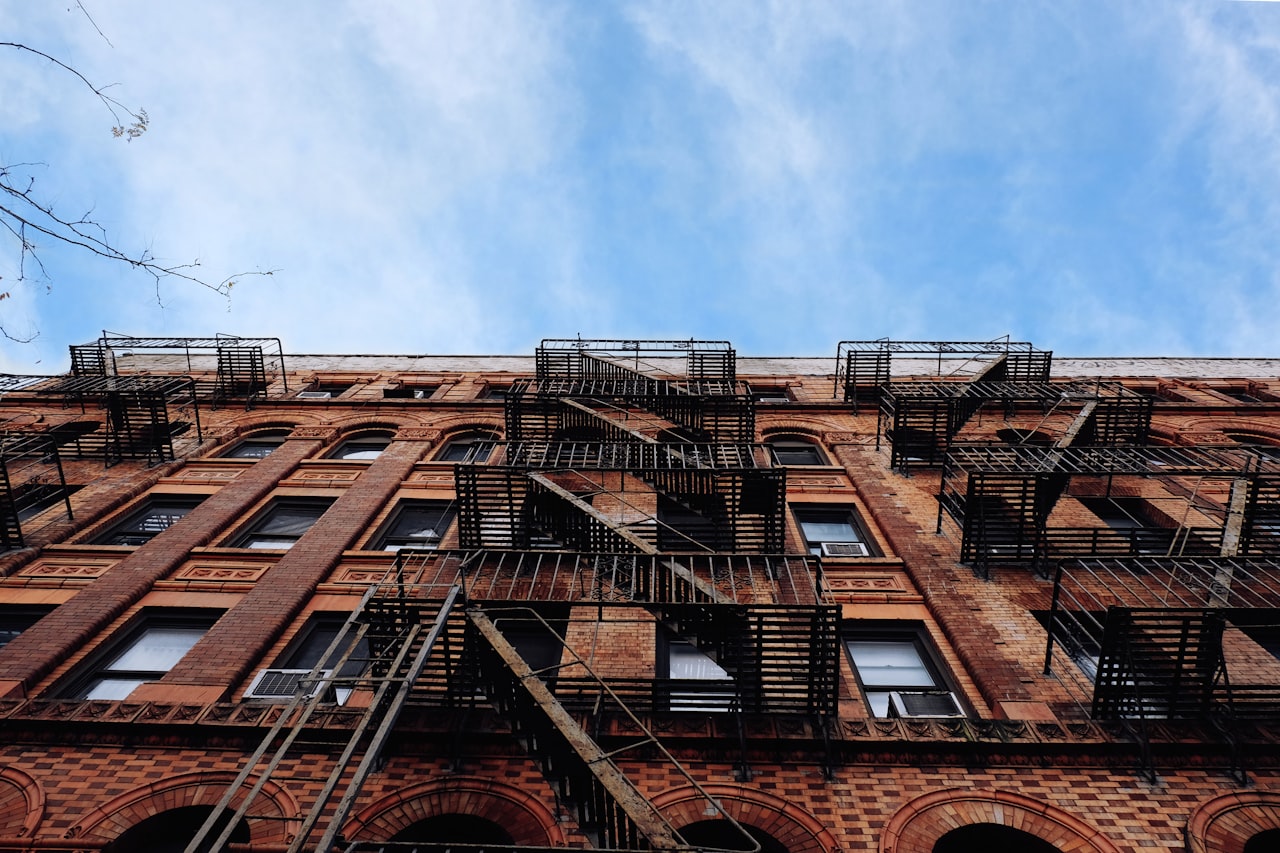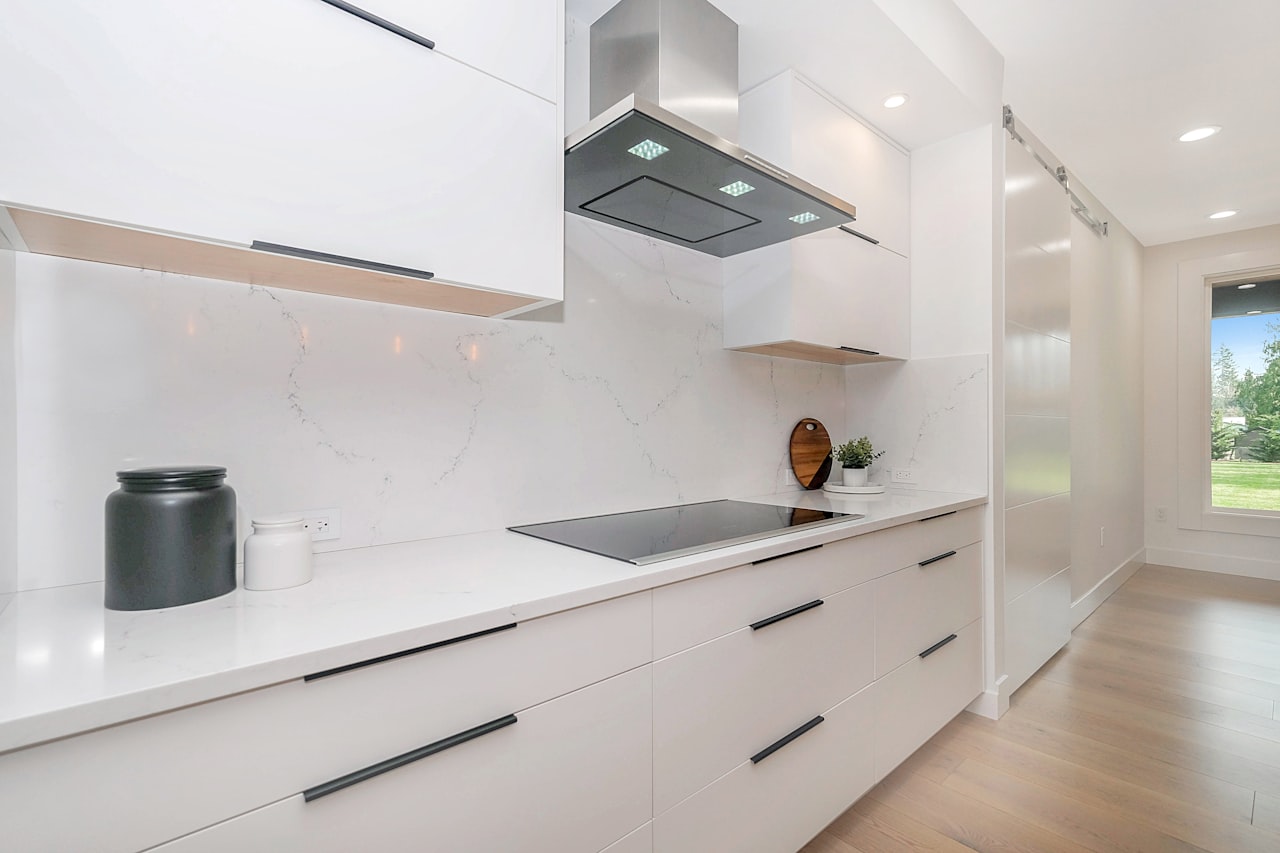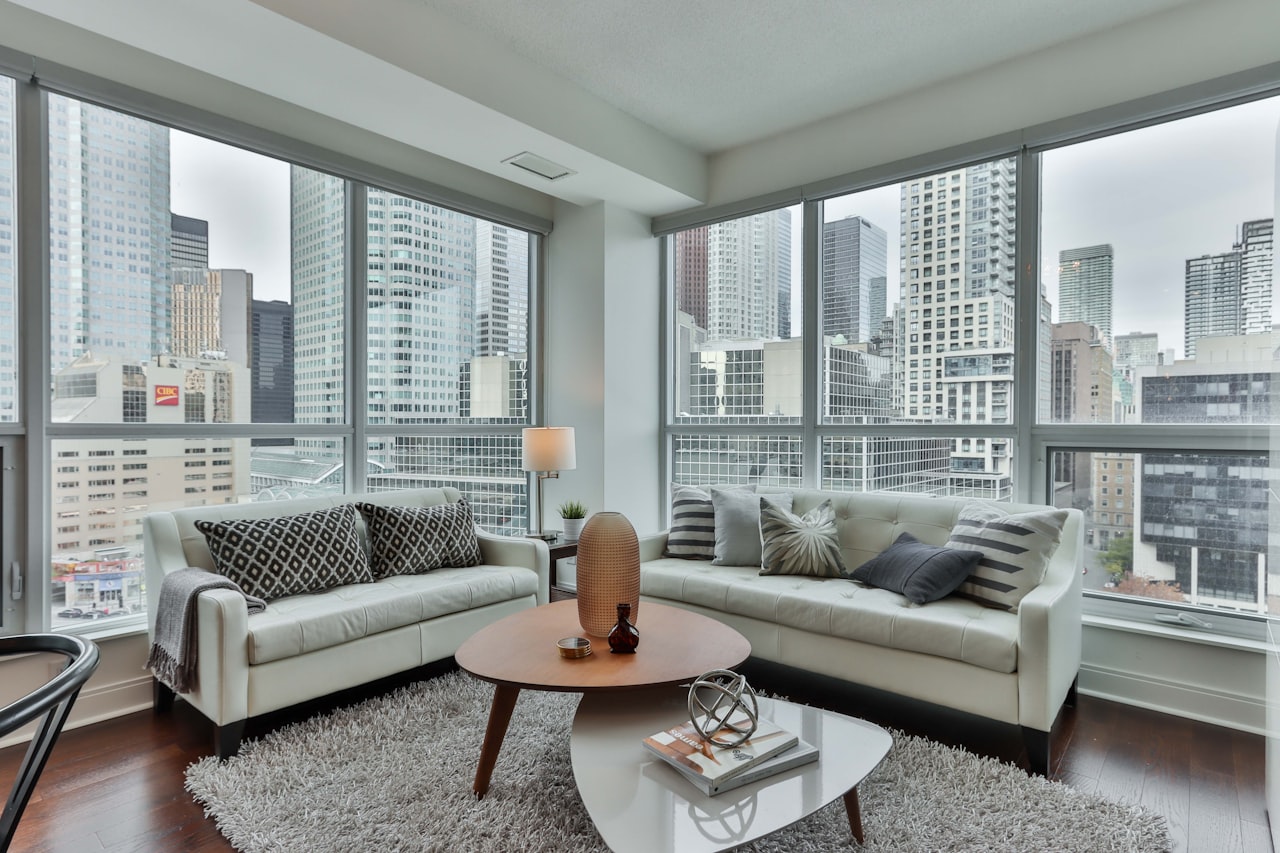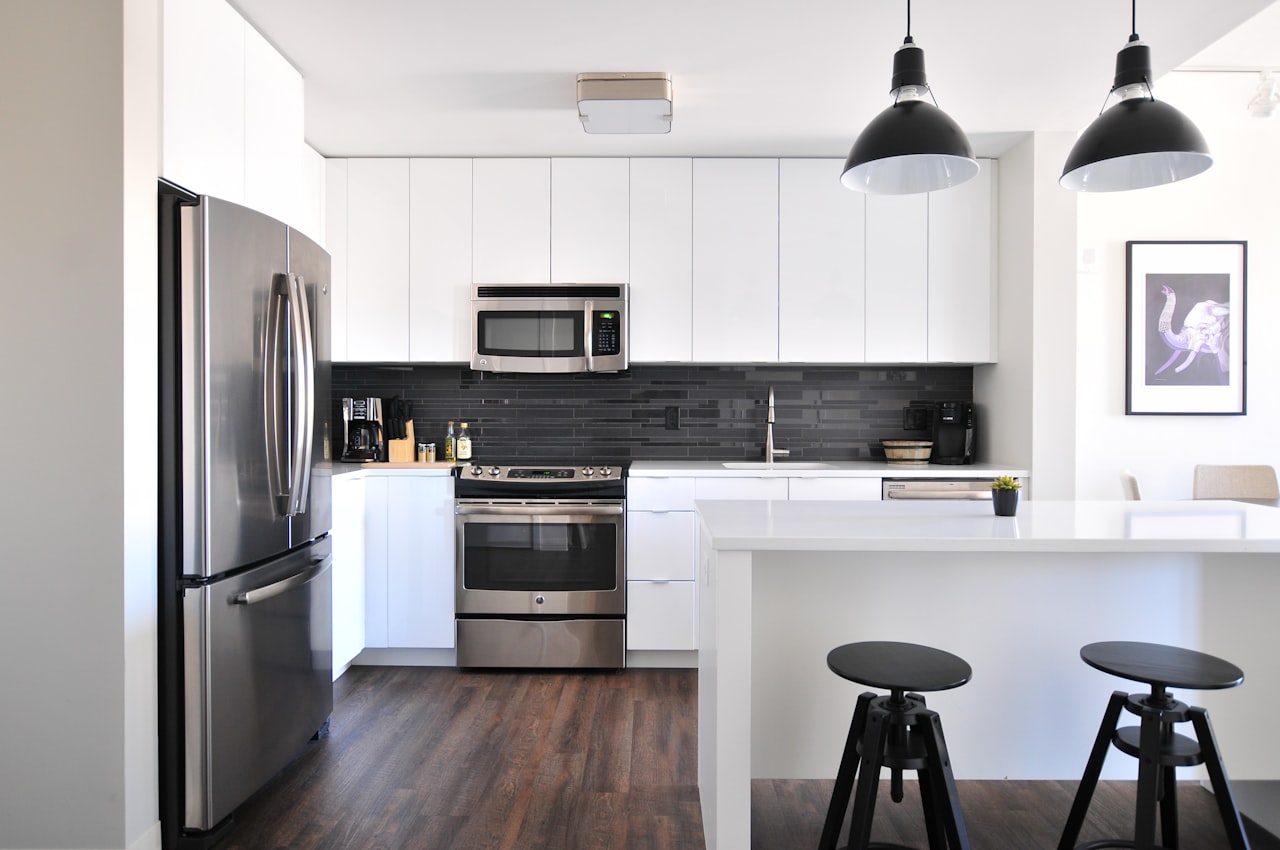As the dust settles from the election, only time will tell what effects this will have on the New York real estate market, but at least we now have a better idea than we did a week ago. While there are talks of 1031 exchanges being eliminated, there is also the possible reentry of the SALT Tax deduction, federal stimulus to New York, and the hope of better handling of COVID on the horizon.
October saw 829 contracts signed, this was a 37% increase from September. There were also 616 units that closed, up 43% from the previous month. Both stellar signs that things are moving in the right direction, but inventory continued to creep up, as there was a 7% increase month over month with 11,950 units on the market at the end of October. We see this inventory platoeing and declining until January.
We have seen a significant uptick in showings over the last few weeks which means that buyers are re-emerging.
Luxury Market The sub-$2M market is no longer the only active segment of Manhattan. The luxury market continued its steady march forward. Buyers struck deals for 17 properties priced above $4 million, according to the latest market report from Olshan Realty. The total included 14 condos, two townhouses and just one co-op. Taken in the context of the pandemic, the weekly total is a jump from the worst of the lockdown, when deals averaged four per week. It’s also in line with a gradual upward trend in the luxury market that’s emerged in recent months.
Rental Market For the first time in nearly a decade, the median asking rent for an apartment in Manhattan has fallen below $3,000 a month. The third quarter also marked the first time in which Manhattan, Brooklyn and Queens all recorded year-over-year rent declines since 2010. The median monthly rent fell to $2,990 in Manhattan, down 7.8%; $2,599 in Brooklyn, down 2.5%; and $2,200 in Queens, down 2.2%. These declines are not taking into consideration rent concessions which could add another 16-25% in discount. According to OLR, there are nearly 29,000 listings available for rent in Manhattan, a 14-year record and more than double the inventory in the same period last year.
Eviction Ban The national eviction ban and some state and city protections are set to expire by January or sooner. Renters will then be on the hook for months of missed rent payments, which even those who have jobs could struggle to pay. Outstanding rent debt would reach $7.2 billion before the close of 2020. Moody’s Analytics estimates that it could reach nearly $70 billion by year-end if there is no additional stimulus spending, calculating that 12.8 million Americans would then owe an average of $5,400 from missed payments. While terrible, let's put this into perspective: During the 2008-9 financial crisis, the $1.3 trillion subprime-mortgage bubble burst, leading to a national wave of defaults and foreclosures.
Retail’s Effects on Residential For many condominium and co-op buildings, adding spaces for retail tenants has always been good business. But many of the gyms, restaurants and shops in those spaces are struggling to pay rent or have shut down. Because of these delinquent retail tenants, condo and co-op owners are seeing their dues rise, which in turn affects their home values. Those buildings - new developments in particular - might have relied on that income to cover up to 15% of their annual budgets, which gets passed on to the residential owners.
Modus Joins Compass Modus, an escrow and digital title startup, has joined the Compass family! This exciting addition is another step towards Compass' goal to create the first end-to-end platform in real estate. Modus' digital title and escrow tools will provide Compass agents and clients a seamless closing process.



































